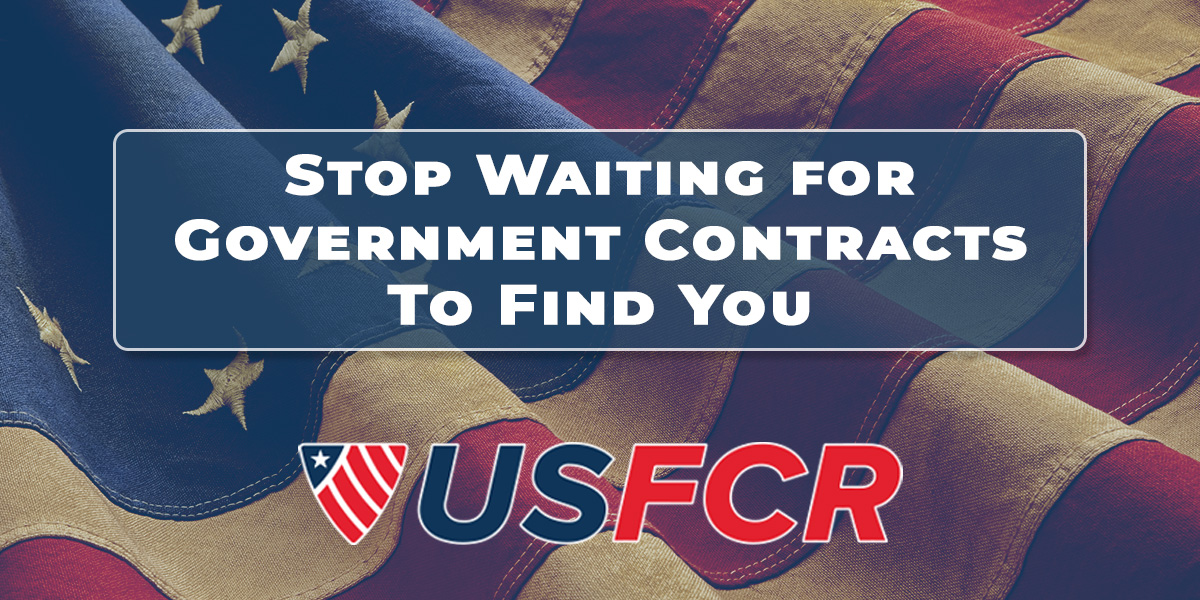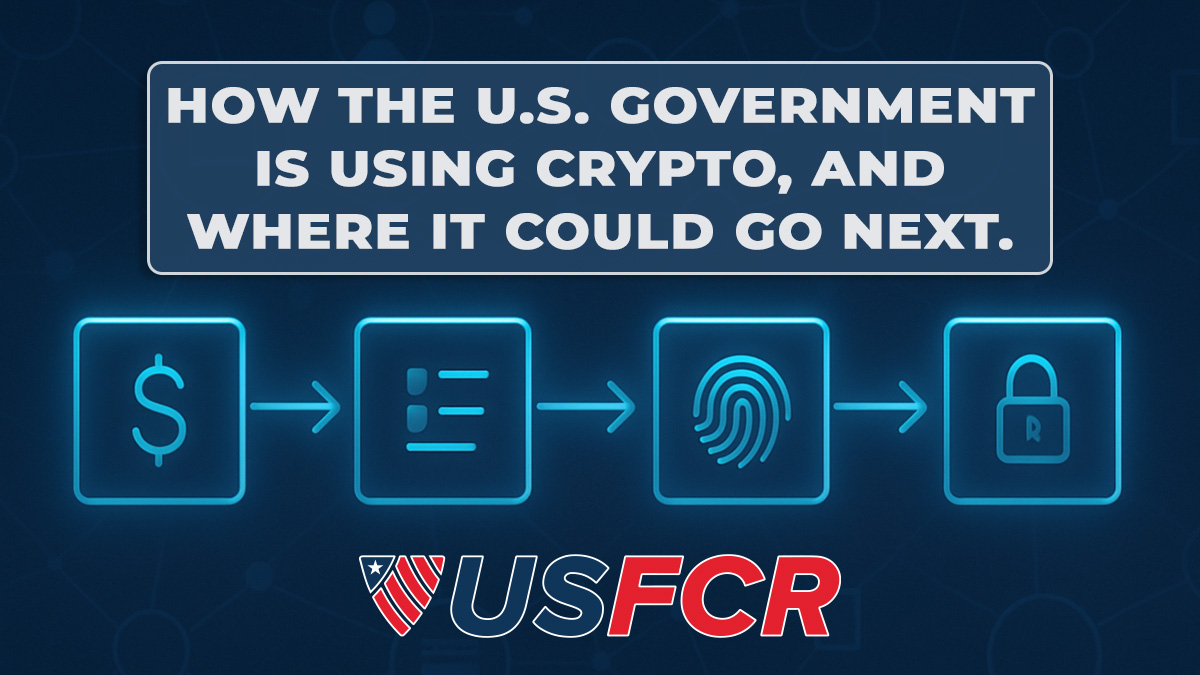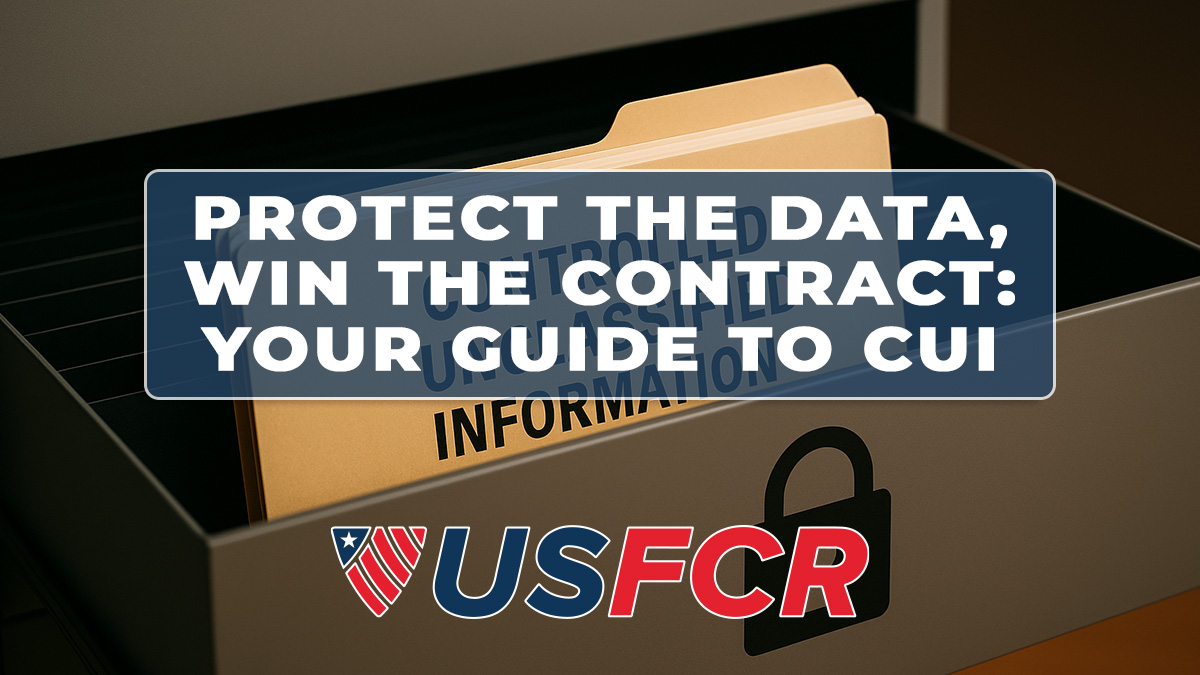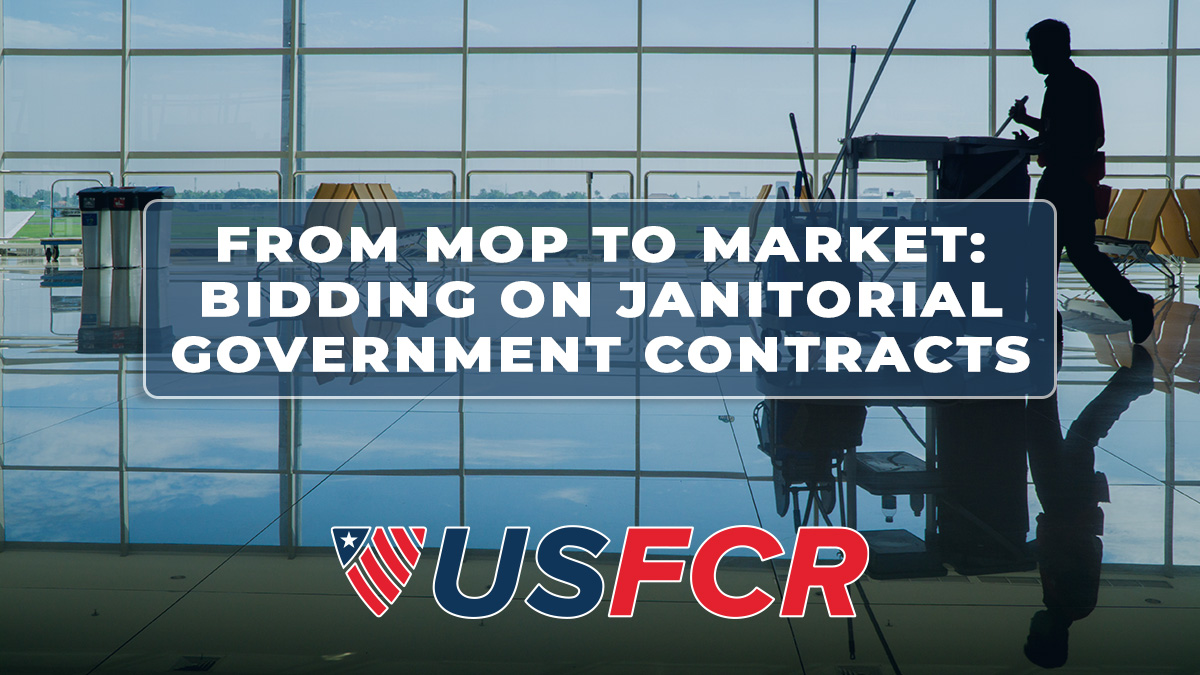If primes are reaching out to you for teaming, it means you bring something valuable. But too many small businesses say yes to the first offer, even when the terms are one-sided. If your role is unclear and the percentage is low, it might not be a partnership at all. It might just be a placeholder.
Here’s how to recognize a bad deal, negotiate a better one, and decide when it’s worth saying no.
Why Primes Want You on the Team
Federal rules give primes strong incentives to work with certified small businesses. If you're an SDVOSB, WOSB, HUBZone, or 8(a) firm, you qualify them for set-aside contracts they couldn’t pursue alone. You might also bring niche skills, past performance in a target agency, or simply a stronger proposal under FAR 15.305.
For contracts over $750,000, primes are required to submit a subcontracting plan under FAR 19.702. That’s why teaming isn’t just about capability—it’s also about compliance. When you show up with certification, experience, and availability, you’re solving three problems for the prime at once.
But when that value is met with a 3% share and no access to the proposal, it’s time to ask what you’re really getting.
What a Fair Teaming Agreement Looks Like
There’s no fixed formula, but there are patterns we’ve seen across hundreds of real contracts:
-
If they want your status only (with little or no work): 5 to 10% may be fair.
-
If you’re doing 30 to 40% of the labor: Your share should reflect that directly.
-
If you’re contributing to the proposal or providing past performance: You deserve input into the scope and revenue split.
If there’s no written scope of work, that’s a red flag. SBA affiliation rules (13 CFR 121.103) and FAR 52.219-14 require clear delineation of roles. Without that, you risk compliance issues—and you may get boxed out of the actual work.
How to Counter the Low Offer Without Burning the Bridge
Most primes will expect some pushback. If you come prepared, they’ll respect the approach:
-
“Can we walk through the labor breakdown and how the percentage was calculated?”
-
“Since we’re providing 40% of the staffing and technical deliverables, can we revisit the proposed share?”
-
“Are we able to review the proposal before submission or sign a letter of intent outlining our scope?”
You’re not demanding. You’re clarifying. That’s the difference between being a passive sub and a real teaming partner.
Jesse Carlow’s Example: Start Smart, Then Scale
Jesse Carlow launched a healthcare supply firm in Austin, Texas. With no prior contracts, he started teaming with well-established primes like Ecolab and Job Corps. He used USFCR to get certified as an SDVOSB, build a compliant profile, and access simplified acquisitions. Within nine months, he had six contracts awardedUSFCR Case Study Summar….
Teaming gave him a runway—but he knew when to switch from support role to prime.
When It Makes More Sense to Go Prime
You may not need the prime. Many small businesses win their first awards directly by targeting simplified acquisition contracts under $250,000. These are faster, less competitive, and designed for small vendors.
That’s how Jean-Max Charles landed a $65,880 VA contract just three months after registration. He used his SDVOSB status, trained weekly through USFCR Academy, and focused on contracts he could handle soloUSFCR Case Study Summar….
If you’re already doing the work, already qualified, and already known in the agency, going prime gives you full control—and full payout.
What’s Next?
Teaming works best when both parties win. If your share doesn’t match your value, it’s time to negotiate—or prepare your own bid. USFCR helps businesses do both. We’ll review teaming offers, prep counter proposals, or guide you through simplified acquisitions if you’re ready to go prime.
Let’s map out the smartest next move for your business.
FAQ
View full FAQ page
What should be in a teaming agreement?
It should include proposal responsibilities, workshare, payment terms, timelines, and protections if the bid is awarded.
What percentage should I expect?
It depends on your role. For status only, 5 to 10% is common. If you’re doing the work, your share should reflect it.
Can I say no to a teaming offer?
Yes. If the terms are vague or undervalue your contribution, a professional “no” protects your reputation and future opportunities.
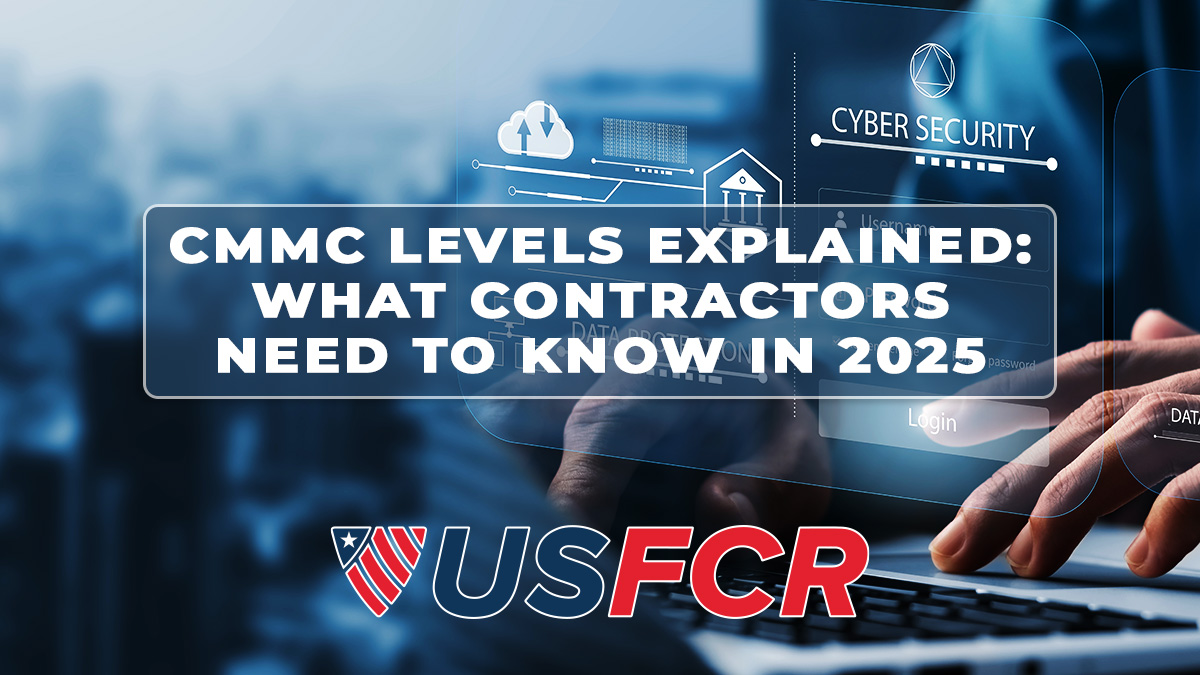
.jpg)
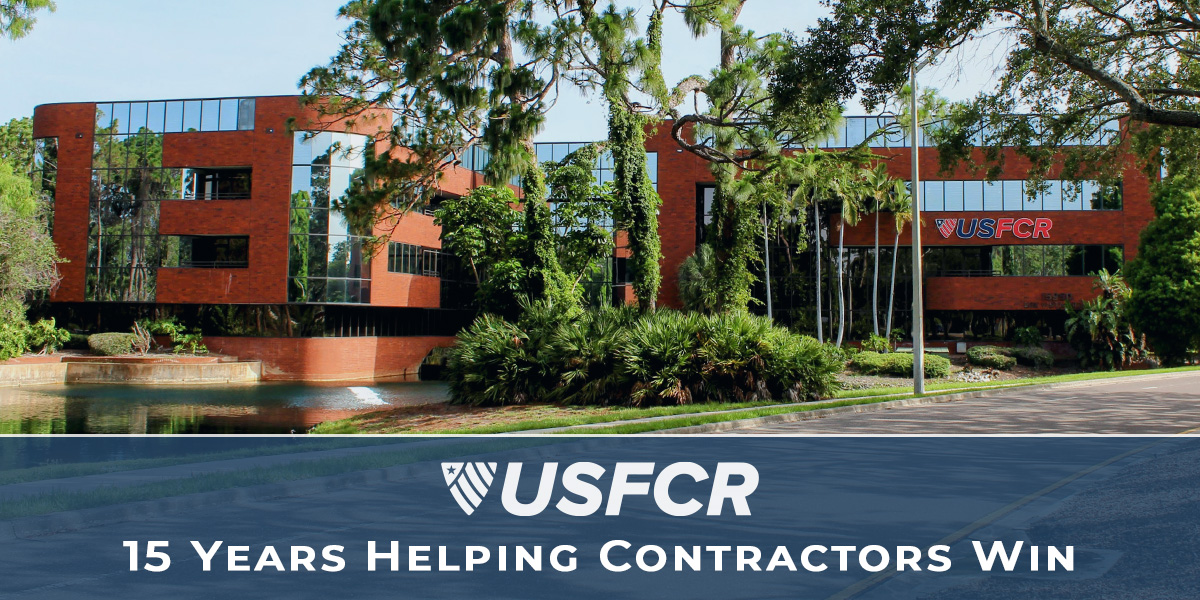
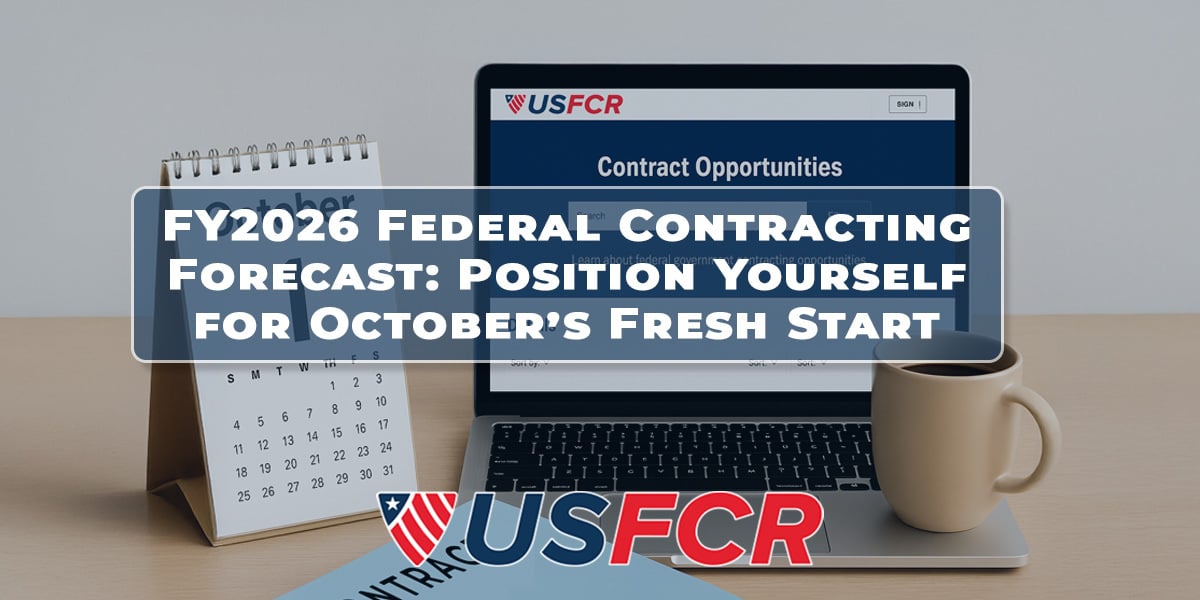

.jpg)

